About SEA
SEA, Inc. is an international company that delivers science to support conservation management and environmentally-responsible business decisions. With so many varied challenges facing our planet as a result of human populations and activities, there is little time to waste in either failing to respond or (worse) responding to the wrong things. With diverse, international experts and partners, we have extensive experience in science, research, engineering, conservation management, public education, and biological monitoring and mitigation of the adverse environmental impacts created by human industries.
Using innovative technologies and proactive collaborations, SEA, Inc. is tackling difficult and exciting scientific issues with global implications, such as the effects of sound on marine life, sustainable energy development, and the interaction of various stressors within a changing global climate. The issue of how human sound affects marine life has been dominated by sonar systems and marine mammal strandings. However, we are increasingly realizing that other sounds, such as those associated with offshore energy development and chronic noise arising from other industrial activities such as commercial shipping; are also key considerations. So too are we realizing that passive listening tools for detecting marine life are vital tools in monitoring for marine life around industrial operations to identify impacts and ensure sustainable development.
The work of SEA, Inc. is directly relevant to many global issues affecting the oceans. In addition to designing and conducting scientific work upon which important decisions can be based, SEA, Inc. provides this information directly to decision-makers, educators, and the general public in compelling and meaningful ways. We use innovative means of delivering scientific information to these very different entities in ways that retain and communicate the essential facts, but that are practically useful and helpful in effecting change.
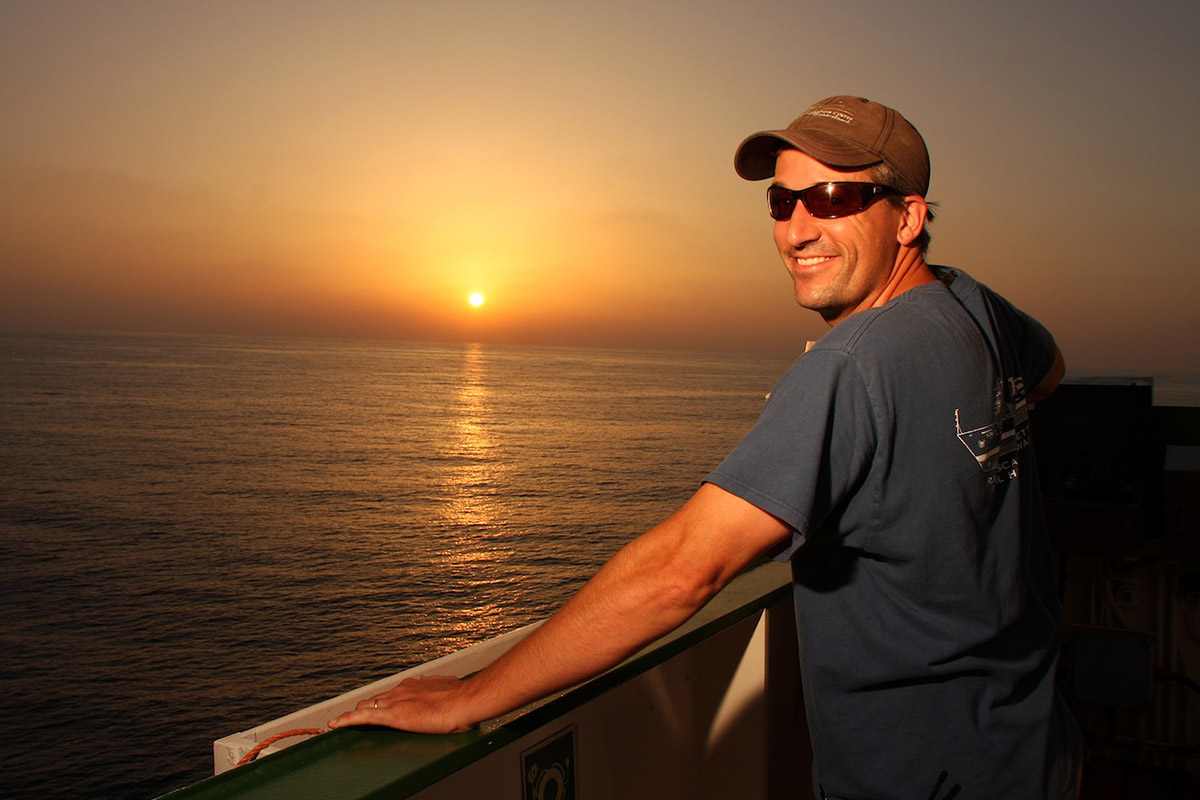
Brandon Southall
Dr. Brandon Southall is President and Senior Scientist for Southall Environmental Associates (SEA), Inc. based in Santa Cruz, CA, a Research Associate with the University of California, Santa Cruz (UCSC), and an Adjunct Assistant Professor at Duke University. He obtained Masters and Ph.D. degrees from UCSC, studying communication, hearing, and the effects of noise on seals and sea lions. He directed the U.S. National Oceanic and Atmospheric Administration (NOAA) Ocean Acoustics Program and has been centrally involved in developing systematic noise exposure criteria for marine mammals and the first-ever acoustic guidelines for the agency. He founded and runs SEA, a research and consulting small business conducting and applying science to support environmental management assessments and environmentally responsible development. Dr. Southall has an extensive technical experience in leading basic and applied laboratory and field research programs as well as applying science in national and international policies. He has directed large-scale, multidisciplinary field research programs on behavioral responses of various marine mammals to human noise disturbance around the world for over a decade. He also serves as a technical advisor to international corporations and environmental organizations regarding the impacts of conventional and alternative offshore energy development and commercial shipping and has testified before the U.S. Congress and Supreme Court as well as the United Nations. He has published over 100 peer-reviewed scientific papers, 50 technical reports, and has given hundreds of presentations on related subjects to scientific, regulatory, Congressional, and general public audiences around the world.
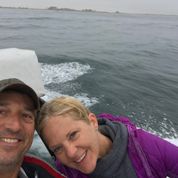
Kristin Southall
Kristin Southall has been an Associate Scientist for Southall Environmental Associates (SEA), Inc since 2009 and an SEA BOD member and our Chief Operating Officer since 2011. She completed a bachelor’s degree in biology at the University of California at Santa Cruz (UCSC) in 1996 while gaining laboratory and field research experience with marine mammals at the Long Marine Laboratory under Dr. Ronald Schusterman and Dr. Burney Le Boeuf. Her own research on deep-diving marine mammal visual acuity was published soon afterwards in Marine Mammal Science.
Kristin went on to work as a research associate in Dr. Bill Scott’s RNA crystallography lab at UCSC and later at NASA Ames Research Center in Palo Alto, CA. Each of these professional experiences strengthened her data collection, management, analytical, and organizational skills. Following a step away from science for a few years to be a full-time mother of three young children, Kristin has enjoyed returning to marine biology with SEA, where she is supporting several research projects as well as helping manage our Santa Cruz operations. She brings a breadth of skills from both within and outside the marine science field to the SEA team.
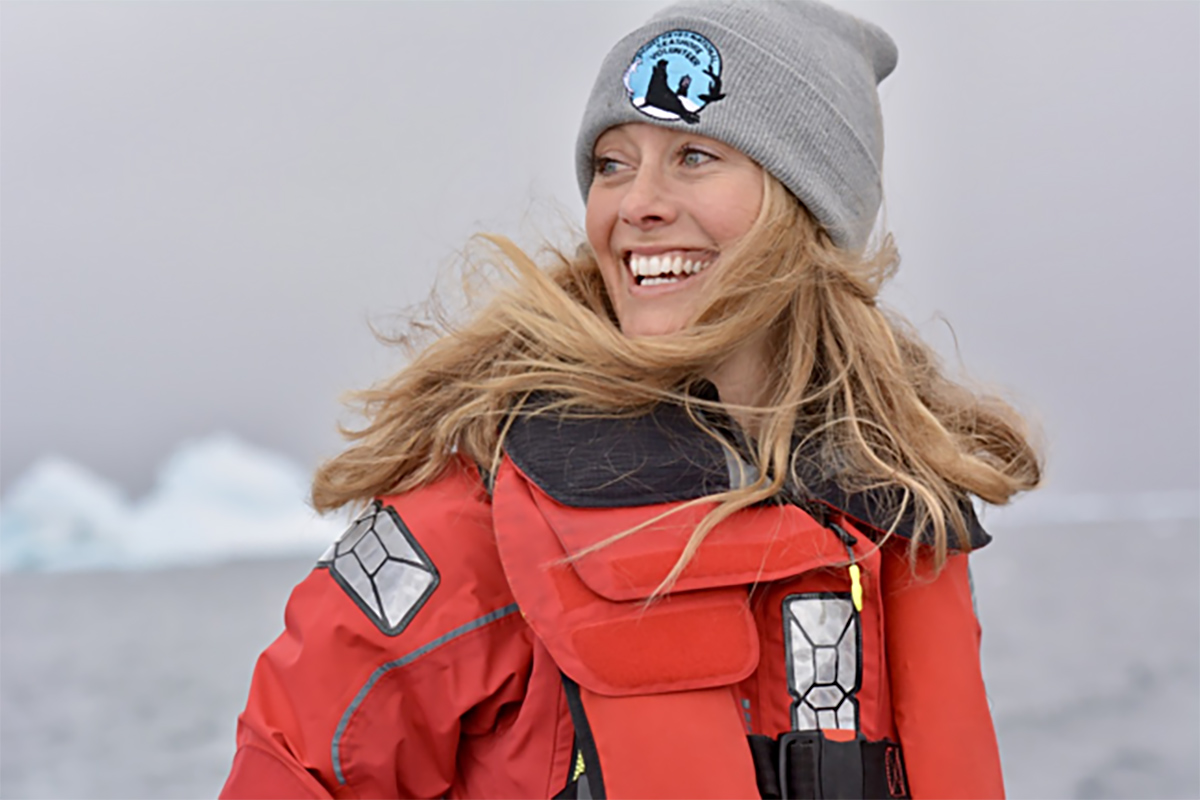
Caroline Casey
Born and raised in Oakland, CA, Caroline’s main research interests are the sensory, cognitive, and behavioral ecology of marine mammals. She obtained her Ph.D from UCSC in Ecology and Evolutionary Biology, where she worked with the Pinniped Cognition and Sensory Systems Laboratory studying sound production and reception in seals. Her dissertation research focused on de-coding the information contained in the calls produced by male northern elephant seals during their breeding season. Working as part of an international collaboration, she conducted experiments to investigate and evaluate what their calls really mean and has found that, similar to dolphins, male northern elephant seals produce individually unique vocal signatures that they learn and remember during their energetically demanding breeding season.
Caroline has worked with SEA since 2009 and has assisted in several projects aimed at understanding the impacts that human-made sounds may have on marine mammal behavior. She currently supports this work as a post-doctoral scholar, and is currently participating in a study evaluating potential impacts of military sonar on social dolphins in Southern California. Caroline enjoys dancing, Mexican food, and being part of the SEA team.
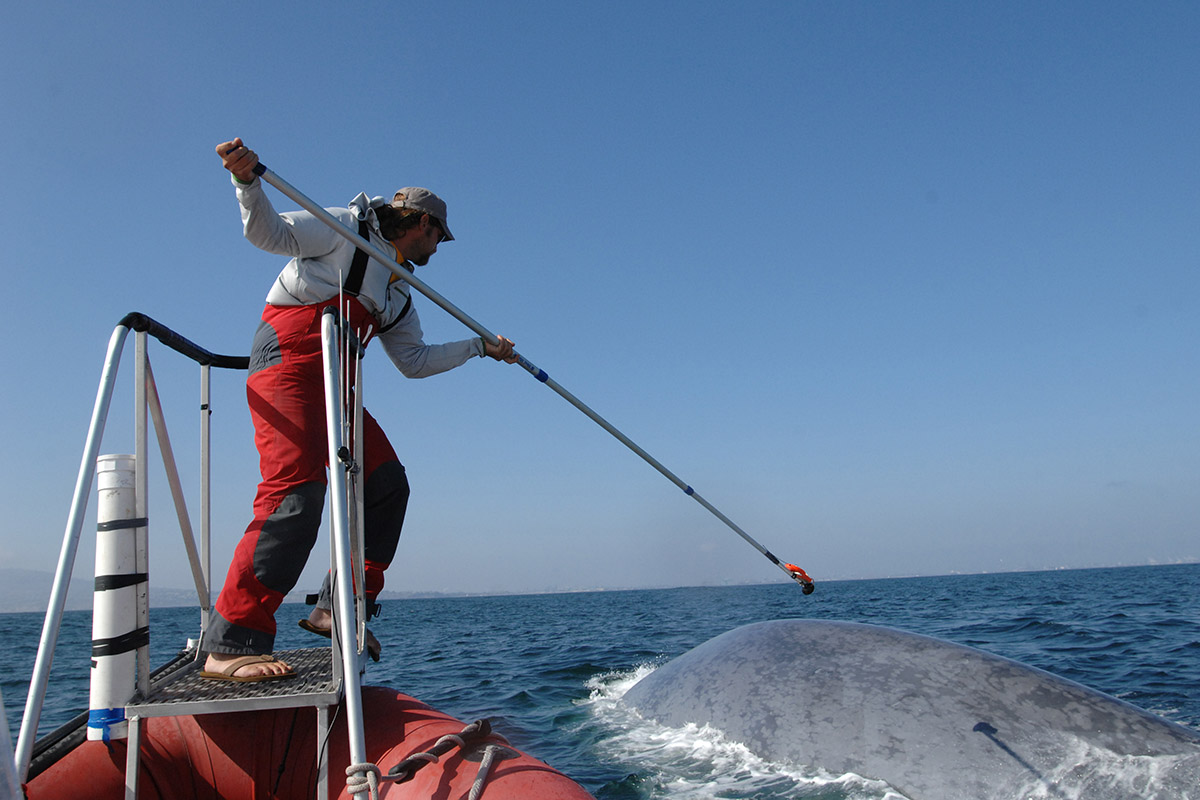
Ari Friedlaender
Ari S. Friedlaender, Ph.D. is a marine ecologist whose research focuses on using new technologies to understand the foraging behaviors of marine mammals and the impacts of human activities. Ari received a Master’s in marine biology from the University of North Carolina at Wilmington and his Ph.D. from Duke University in Ecology. Ari maintains several long-term ecological research programs around the world focusing on baleen whales. Ari and his colleagues have studied the underwater feeding behavior of humpback whales in the Stellwagen Bank National Marine Sanctuary using suction cup tag technology and prey mapping surveys to better understand how whale behavior is affected by changes in prey availability. Similarly in the Antarctic, Ari and his colleagues are part of the National Science Foundation’s Long-Term Ecological Research program to determine the impacts of rapid climate change and commercial whaling on the recovery baleen whales around the Antarctic Peninsula. In California, Ari has been part of Behavioral Response Studies for the past ten years to determine the impacts of naval sonar on the behavior of marine mammals. Ari is passionate about science and equally as dedicated to conservation and outreach, working with numerous groups to develop conservation plans and educational programs.

Hugh Southall
Dr. Hugh Southall received the BSEE degree from the University of Texas at Arlington and MSEE and PhD degrees from Texas Tech University. He retired from the US Air Force after 23 years of service in the Air Force Laboratories and Headquarters. He has several years of experience as a Government Civil Servant and is currently an on-site technical support contractor (Solid State Scientific Corporation) for the AF Research Laboratory Antenna Technology Branch at Hanscom AFB, MA. His research areas are antenna design optimization and digital beam forming. He has extensive experience in using MATLAB for algorithm development, data analysis and visualization, and system simulations. Dr. Southall has recently joined the SEA team as a Senior Associate Scientist, bringing a strong engineering foundation to our work in environmental research, monitoring, and impact assessment.
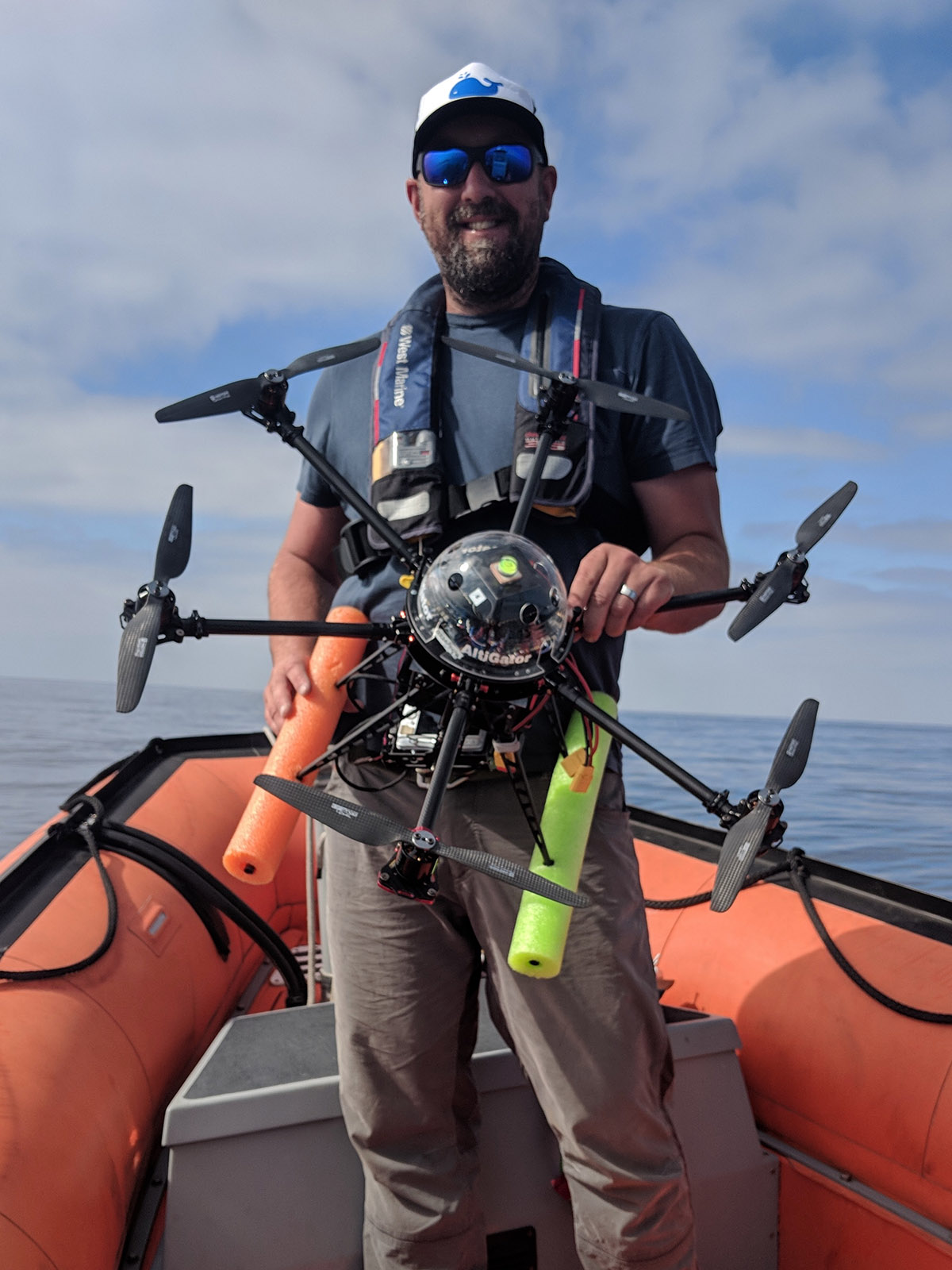
John Durban
Dr. John Durban, SEA Senior Scientist, is a population ecologist who has been conducting research on marine mammals for 25 years, to support conservation in the U.S. and overseas. Originally from the U.K., John obtained a B.Sc. and Ph.D. from the University of Aberdeen in Scotland before moving to the U.S. as a post-doctoral research scholar with the National Academy of Sciences, when he worked to estimate the abundance of mammal-eating killer whales in Alaskan waters. Subsequently, John has worked at NOAA’s Alaska Fisheries Science Center and most recently at the Southwest Fisheries Science Center, where he led the Cetacean Health and Life History Program. John joined SEA in 2019 to continue his current research on photogrammetric studies of individual size, body condition and behavior using unmanned aerial systems, and on assessments of abundance and demographics using photographic mark-recapture methods. Current research projects include assessing the nutritional health of endangered Southern Resident killer whales, evaluating the response of cetaceans to Navy sonar exposure and assessing the health of North Atlantic right whales. John has published more than 80 scientific papers, which can be viewed here: https://scholar.google.com/citations?user=e_10woEAAAAJ
